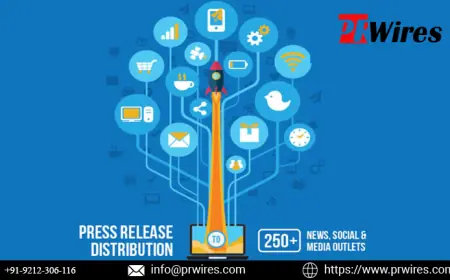How Global Migration is Reshaping Economies and Societies
Global migration has become one of the most influential forces shaping economies and societies in the 21st century. With millions of people moving across borders for work, education, or safety, migration is transforming labor markets, cultural landscapes, and economic growth worldwide. While migration presents challenges such as policy reforms and social integration, it also provides significant economic benefits by filling labor shortages, driving innovation, and fostering global connectivity.
The Economic Impact of Migration
Migration plays a crucial role in economic development by addressing labor shortages and boosting workforce productivity. Many industries, including healthcare, construction, and technology, rely on migrant workers to sustain growth. According to Bitstream News, countries facing aging populations and declining birth rates, such as Japan and Germany, increasingly depend on migrant workers to support economic stability and sustain social welfare systems.
Migrant workers also contribute to economies through remittances—money sent back home to support families. The World Bank estimates that global remittances reached nearly $800 billion in 2023, providing essential financial support to developing countries. These funds are crucial for poverty reduction, education, and healthcare in migrants' home countries.
Moreover, migration fosters entrepreneurship and innovation. Studies show that immigrants are more likely to start businesses than native-born citizens, creating jobs and driving economic growth. Bull Next highlights that tech hubs like Silicon Valley and London have thrived due to the contributions of migrant entrepreneurs, who bring diverse perspectives and skills to the business landscape.
Social and Cultural Transformations
Beyond economic contributions, migration reshapes societies by enriching cultural diversity and fostering multiculturalism. Cities with large migrant populations benefit from a dynamic mix of traditions, languages, and cuisines, leading to a more vibrant and inclusive society.
However, migration also brings challenges related to social integration and public perception. According to Asset Wave Site, debates on immigration policies have intensified in many countries, with concerns over job competition, housing shortages, and cultural assimilation. Governments must implement effective policies to promote social cohesion, education, and equal opportunities for migrants, ensuring that societies benefit from diversity rather than experiencing division.
Challenges and Future Outlook
Despite its advantages, migration presents challenges such as border control policies, refugee crises, and geopolitical tensions. Countries must balance economic needs with ethical responsibilities, ensuring that migrants are treated fairly and have access to essential services.
The future of migration will be influenced by factors such as climate change, political instability, and technological advancements. The HeraldMag reports that rising sea levels and environmental disasters are creating a new wave of climate migrants, forcing governments to rethink policies on displacement and humanitarian aid.
Conclusion
Global migration is reshaping economies and societies, driving growth, innovation, and cultural exchange. While challenges remain, migration offers immense opportunities for nations willing to embrace diversity and adapt to an interconnected world. As migration patterns evolve, strategic policies and inclusive approaches will be essential in maximizing the benefits of human mobility for both migrants and host nations.
What's Your Reaction?
 Like
0
Like
0
 Dislike
0
Dislike
0
 Love
0
Love
0
 Funny
0
Funny
0
 Angry
0
Angry
0
 Sad
0
Sad
0
 Wow
0
Wow
0





















































